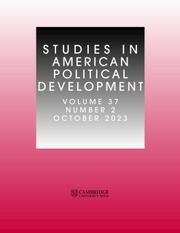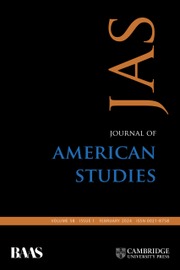No Blank Check
Concerns about unaccountable executive power have featured recurrently in political debates from the American founding to today. For many, presidents' use of unilateral power threatens American democracy. No Blank Check advances a new perspective: Instead of finding Americans apathetic towards how presidents exercise power, it shows the public is deeply concerned with core democratic values. Drawing on data from original surveys, innovative experiments, historical polls, and contexts outside the United States, the book highlights Americans' skepticism towards presidential power. This skepticism results in a public that punishes unilaterally minded presidents and the policies they pursue. By departing from existing theories of presidential power which acknowledge only institutional constraints, this timely and revealing book demonstrates the public's capacity to tame the unilateral impulses of even the most ambitious presidents. Ultimately, when it comes to exercising power, the public does not hand the president a blank check.
- Develops a theory of the origins of attitudes toward presidential power
- Improves institutional understanding of the presidency and separation of powers
- Demonstrates the importance of public opinion for presidential politics
Reviews & endorsements
‘… an impressive book … Reeves and Rogowski have written a book accessible to all students of political science. As a sophisticated evaluation of the public’s role in limiting the excesses of unilateral action, though, it is most appropriate for scholars and graduate students of executive politics and public opinion. The findings are robust and compelling, and the conclusions hopeful'. Matthew Eshbaugh-Soha, Perspectives on Politics
Product details
September 2022Hardback
9781107174306
200 pages
236 × 159 × 26 mm
0.658kg
Available
Table of Contents
- 1. Introduction
- 2. Watchmen in the Night?
- 3. How Americans View Presidential Power
- 4. Support for the Rule of Law and Attitudes toward Power
- 5. Presidential Approval and Attitudes toward Power
- 6. Public Cost of Unilateral Action
- 7. Public Assessments of Presidential Power from the Past
- 8. Attitudes toward Executive Power in a Comparative Context
- 9. Conclusion
- Appendices
- Bibliography
- Index.











